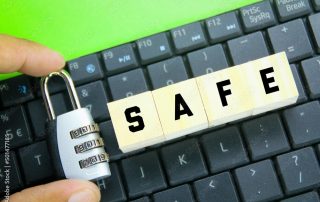Lawyers have begun to use the metaverse
Legal teams are opening offices in virtual worlds to connect with clients and entrepreneurs. Some forward-thinking lawyers are testing out metaverses such as Decentraland or The Sandbox. Read more at ft.com
An antidote for law firm revenue blues
Client demand for flat-rate billing is on the upswing at the same time lucrative corporate and M&A engagements are declining — and law firms, unsurprisingly, are seeking more ways to offset revenue declines with cost reductions.
How to address a technology resistant law firm
Seek out ways of encouraging tech adoption at your firm, even if you are not the ultimate decision-maker.
Law firm apps can improve productivity
Law firm apps enable legal professionals to create powerful, efficient digital workflows.
Good CRM software could drive profits
Efficient law firms use CRM’s to track potential clients, market prospects and manage client relationships and intake data. Here are the best CRM’s …
Technology is critical to legal departments in selecting, retaining firms
In the fourth year of the Wolters Kluwer Future Ready Lawyer Survey, technology continues to be a critical differentiator for higher performance in the legal sector..
Thomson Reuters releases new version of Westlaw
Westlaw Precision includes an enhanced search function for attorneys tracking down information directly relevant to their cases. Read more at lawnext.com
Finding security without cyber security guarantees
Not every cyber security service offers a warranty and that has implications for their clients.
The many benefits of a ‘Smart Office’
The advent of advanced technologies creates many conditions for companies to start thinking about how to create smart offices. Now that everyone is gradually returning...read more at thebossmagazine.com
Technology privacy and security laws you should know
Lawyers should be aware of several important technology privacy and security laws. Here are five...
Brought to you by BridgeTower Media






